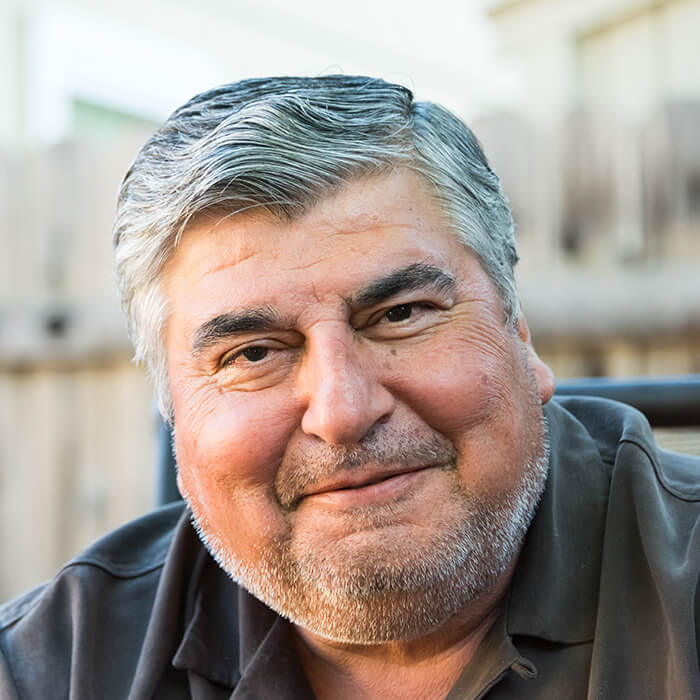Every dollar counts when health problems rob you of the ability to earn a living like you did before. Monthly checks from Social Security Disability can help keep you afloat.
But money is still tight. Disability benefits provide basic support, not full comfort. Can you work while on disability to make your financial situation easier?
Take caution. The whole purpose of Social Security Disability benefits is to help when you can’t work. Being unable to work—because of bad health—is the primary requirement to get benefits.
If you work, you risk losing benefits. The Social Security Disability program may view your work as proof that you don’t need their help.
To work and still get Social Security Disability, there are only two paths:
- Working less than the limit set by Social Security
- Going on a trial period to see if you can work again
Get expert guidance on what you should do from the Mathis & Mathis Disability Advocates in Washington, D.C., Baltimore and Alexandria & Northern Virginia.
We’ve helped thousands of people get disability benefits.
We can help you make the right decisions for a more settled financial situation.
Social Security Disability Is All We Do.
Read more »



 back
back







